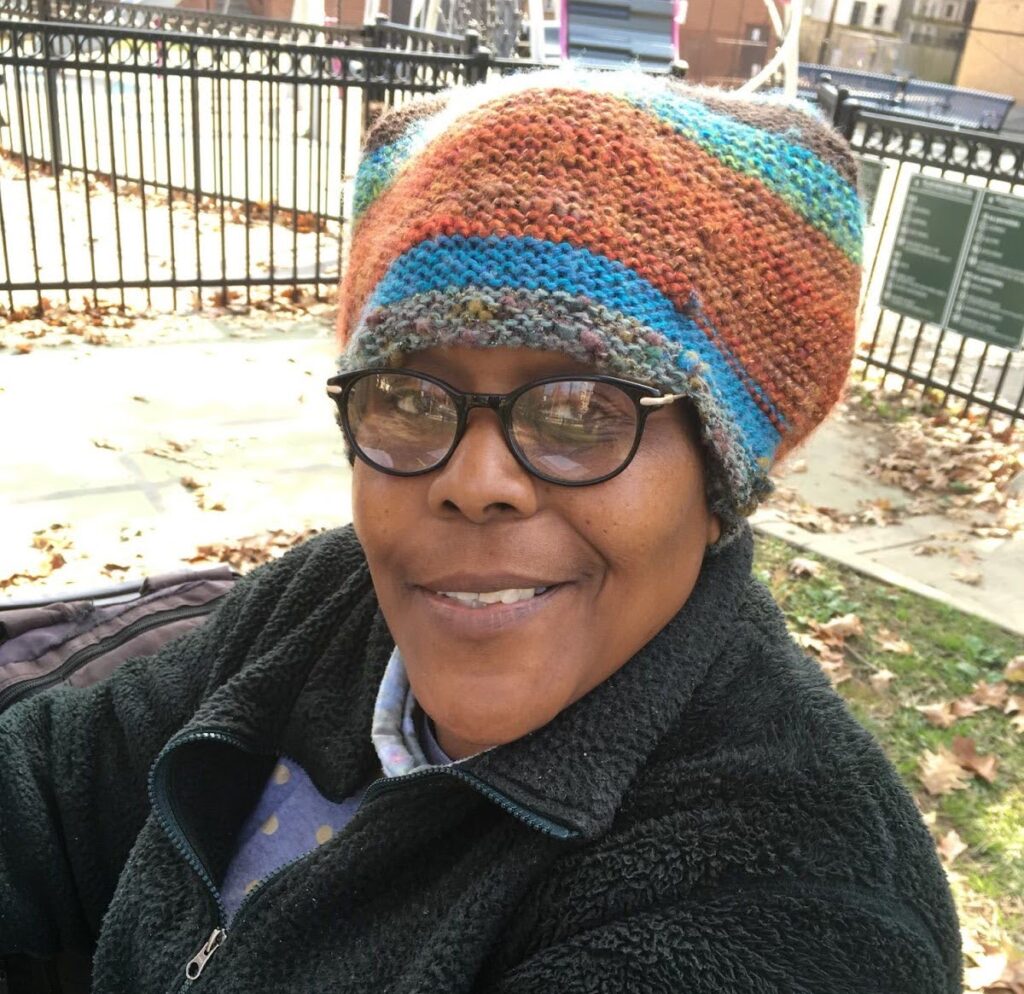Broadway star Sophia Ramos hasn’t always had a glamorous life.
In fact, she could see more than a bit of herself in the homeless teenagers she met on a recent visit to Covenant House here in Washington, D.C.
When she was 16, she was kicked out of her home. At 17, she was homeless, trying to sleep on a park bench amid Tent City, a homeless encampment in Manhattan’s Tompkins Square Park.
A homeless man on drugs lunged at her with a knife. A homeless woman named Molly threw herself in front of Sophia and shouted, “No!”
“She saved my life,” Ramos said.
Now an acclaimed actress, Ramos likens the way Covenant House saves teens to the way Molly rescued her.
“Angels come in all forms,” Ramos said in an interview. “Although I never had Covenant House, I did have people in my life who showed up to help me and protect me, the way Covenant House does for their kids.”
On June 20, Covenant House hosted Ramos and other celebrities at “ANight of Broadway Stars,” a musical concert featuring Broadway performers from Beauty and the Beast, Phantom of the Opera and Jekyll & Hyde. The show, a fundraiser for Covenant House, blended expert dance moves, sparkling live music and the trained voices of Ramos and her fellow Broadway star Rita Harvey.
The concert raised roughly $225,000, and during the evening.
Covenant House Washington DC reaches an estimated 150 teens a day. Beyond crisis services such as food, shelter, and clothing, the organization also offers outreach, educational, and vocational programs.
The local house, started in 1995, is one of 22 locations in five countries.
At the fundraiser, Theodore Leonsis, the founder and owner of Monumental Sports & Entertainment, was presented with the Covenant House Lizzie Award. The award is named for the homeless girl of the same name, photographed in Times Square in the mid-1970s, when the Covenant House was just getting started in New York. The girl, carrying a backpack and leaning against a trashcan, her head slumped wearily to one side, has for years been used at Covenant House as symbolic of the plight of homeless teens. The award goes to those who have supported the mission of the organization.
But perhaps the biggest stars of the night were the teens of Covenant House, whose stories of struggle and salvation rivaled the one told by Ramos.
“I’m a bit apprehensive about telling my story because I don’t want you to look at me like I’m a charity case,” Marcus Foster, 18, told the crowd at the THEARC theater.
He said he came to Covenant House when he had nowhere else to go. His father was murdered when he was three years old. His mother was legally blind and had a history of alcohol and substance abuse. At one point, the family was evicted. At another, Foster and his stepfather had a physical altercation and the police showed up. He was eventually kicked out of the house, he said, when he failed to get a job.
“I never knew what normalcy and self-sufficiency looked like,” Foster said. “My life skills only included survival.”
Foster has lived at Covenant House for about two months and is applying for an 18-month housing program, the Covenant House Rites of Passage transitional program.
Many teens who seek out Covenant House have not experienced much stability in their lives. More than one-third of youth reported a negative or no relationship with either parents, according to a recent study of teens served by Covenant House in the District.
Half of the young people reported they had been abused either physically, sexually, or both. About 30 percent of the youth had a history of foster care or residential placement and 78 percent of these had entered the system between age five and 15.
Former foster children are almost twice as likely to suffer from post-traumatic stress disorder (PTSD) as U.S. war veterans, according to a report by Harvard Medical School. Yet there is limited assistance for young adults older than 18, said Daniel Brannen, the executive director of Covenant House DC. More government funding goes to young adults 18 and younger, he said. Once they turn 18, these young adults are often left to fend for themselves.
Recent studies suggest that individuals continue to develop until the age of 25, Brannen said. “We choose our trajectory in life during those years,” he said. “If we don’t really invest in kids, then we’re gonna lose a lot of them.”







